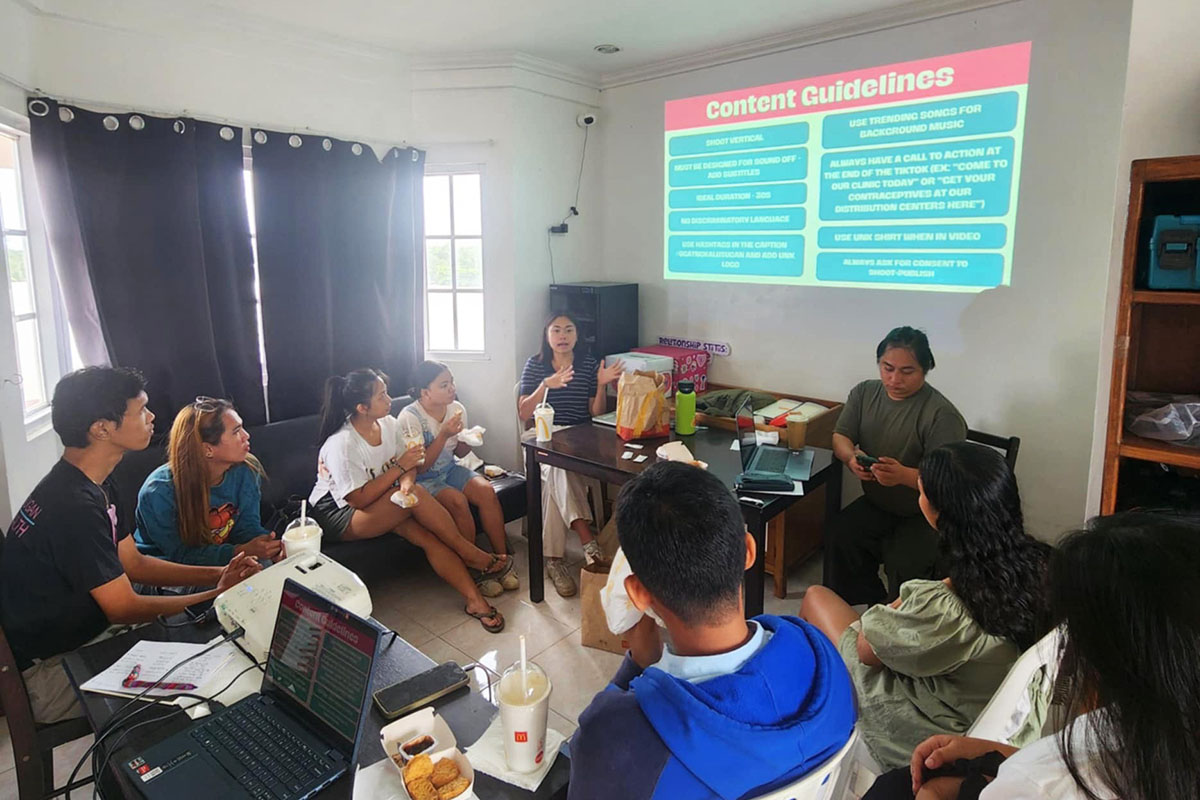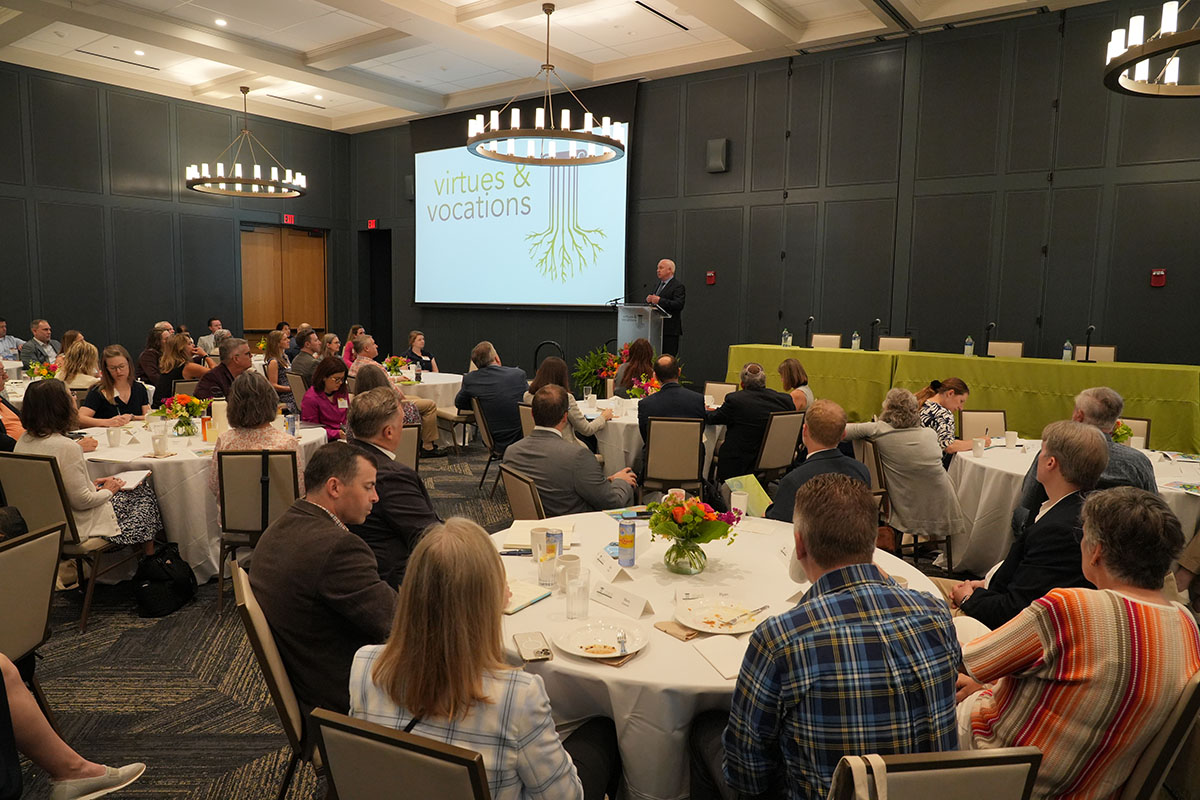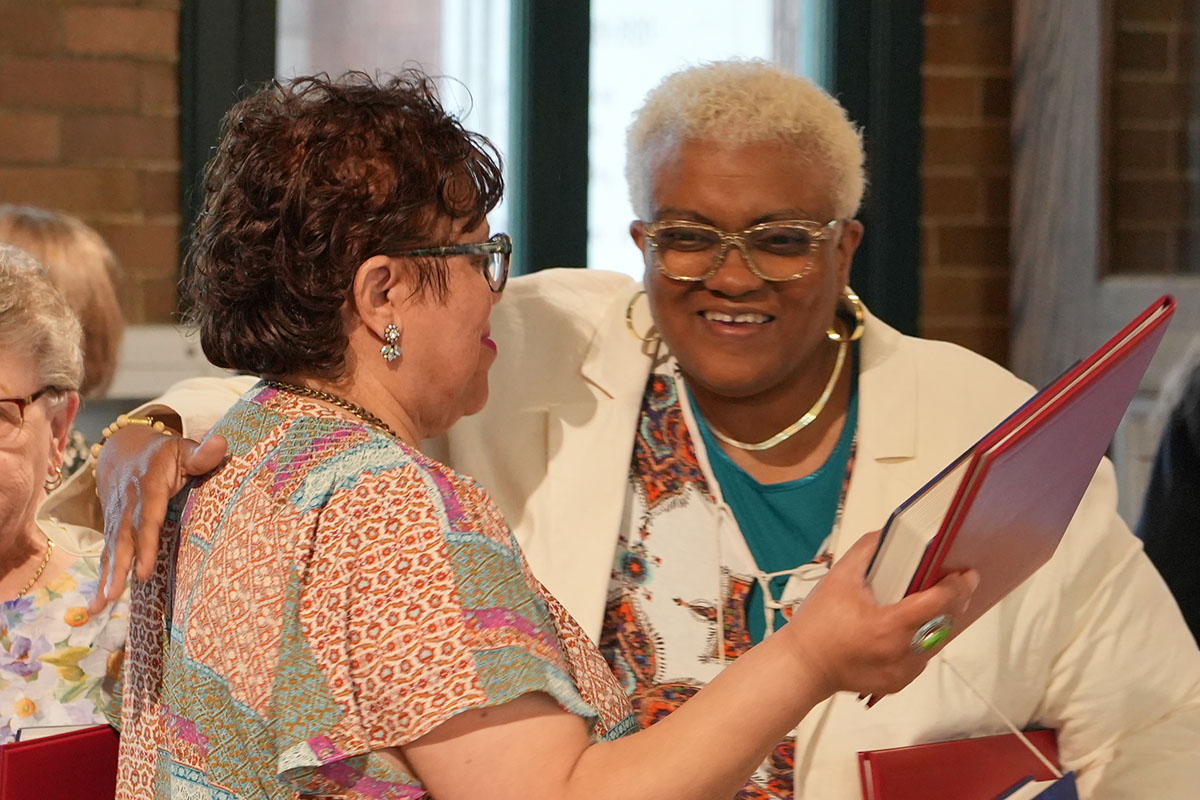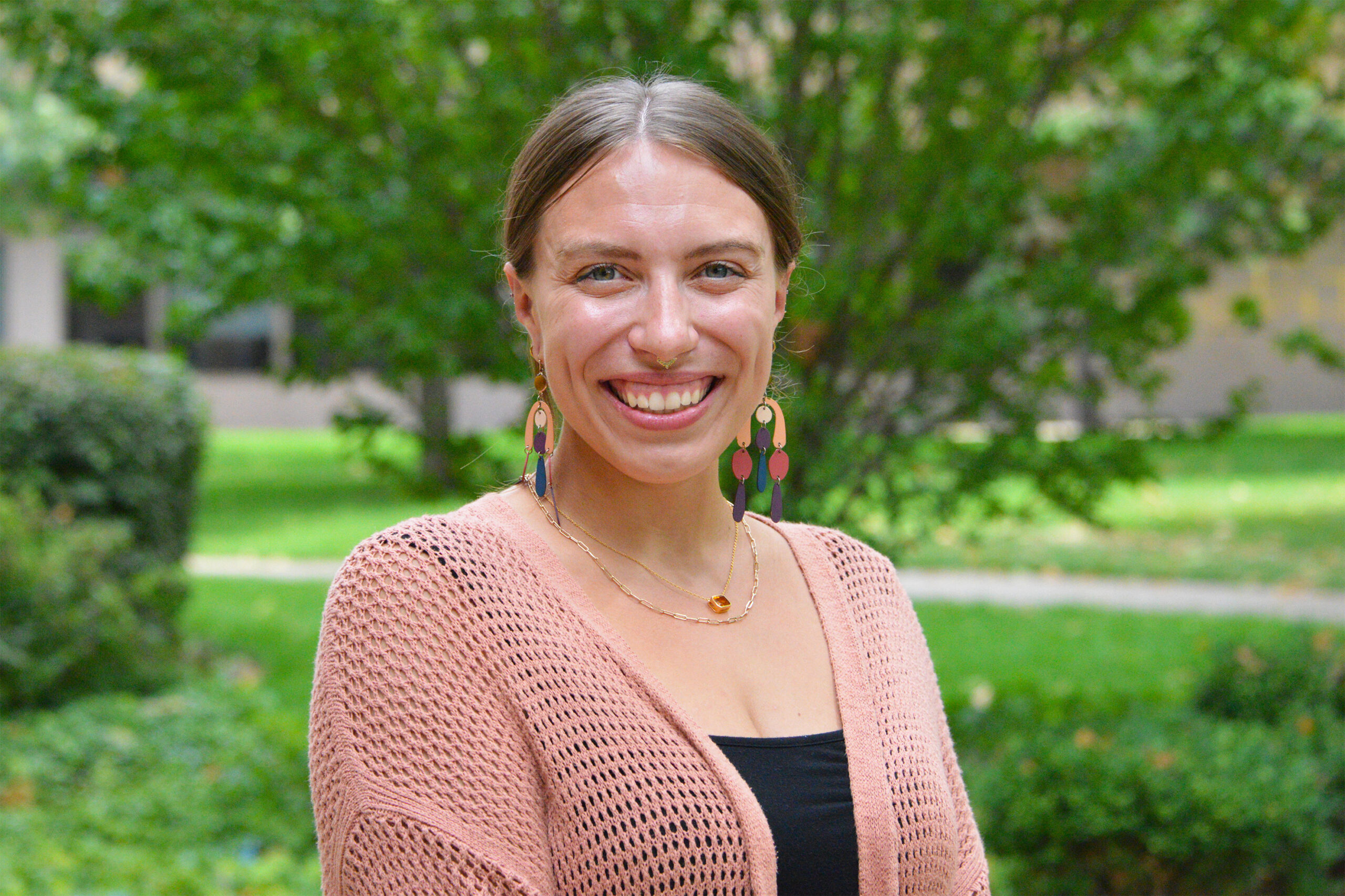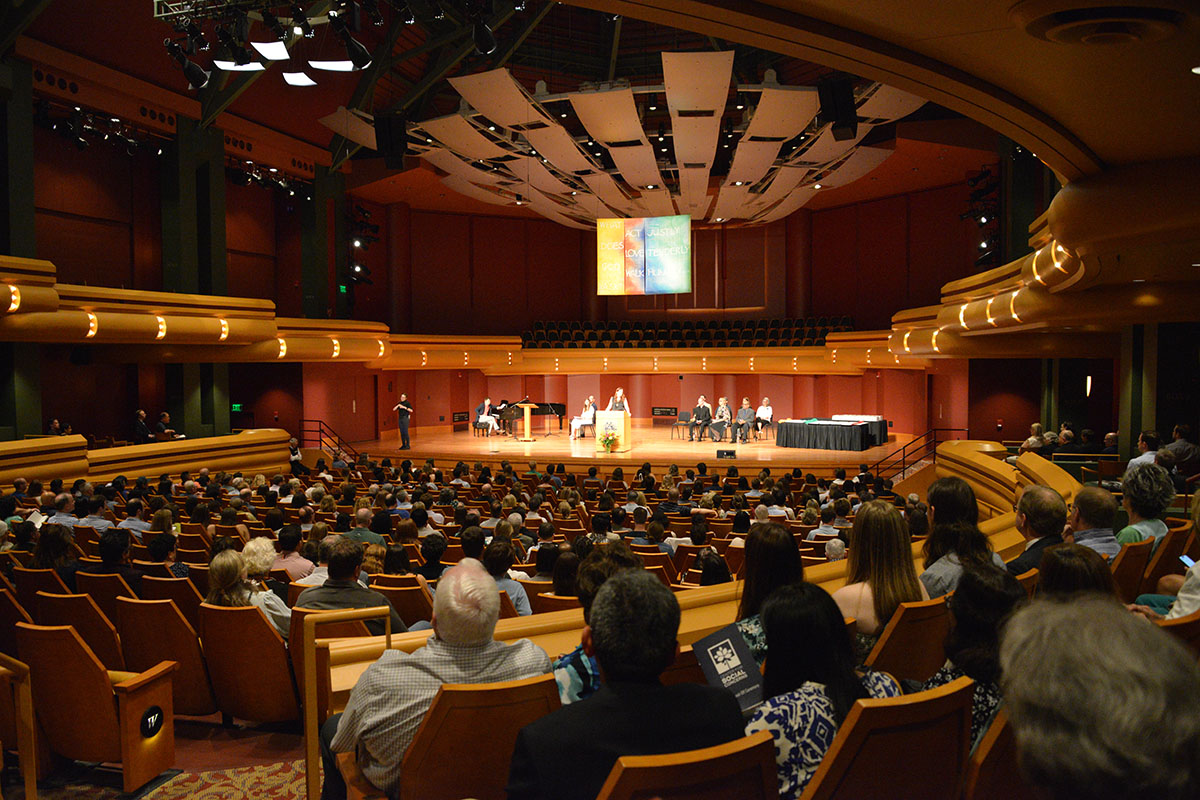Community leader Regina Williams-Preston to be ‘front door’ connecting Notre Dame and South Bend in new Center for Social Concerns role
February 6, 2024
Regina Williams-Preston, a former member of the South Bend Common Council and a longtime special education teacher and administrator in the South Bend public schools, will be the “front door” connecting the University of Notre Dame and the community in a newly established role at the Center for Social Concerns.
As part of the center’s team leading community justice initiatives, Williams-Preston will put her deep knowledge of the community to work as she cultivates partnerships and collaborative projects between Notre Dame and South Bend. Her first day on the job was Monday, February 5.
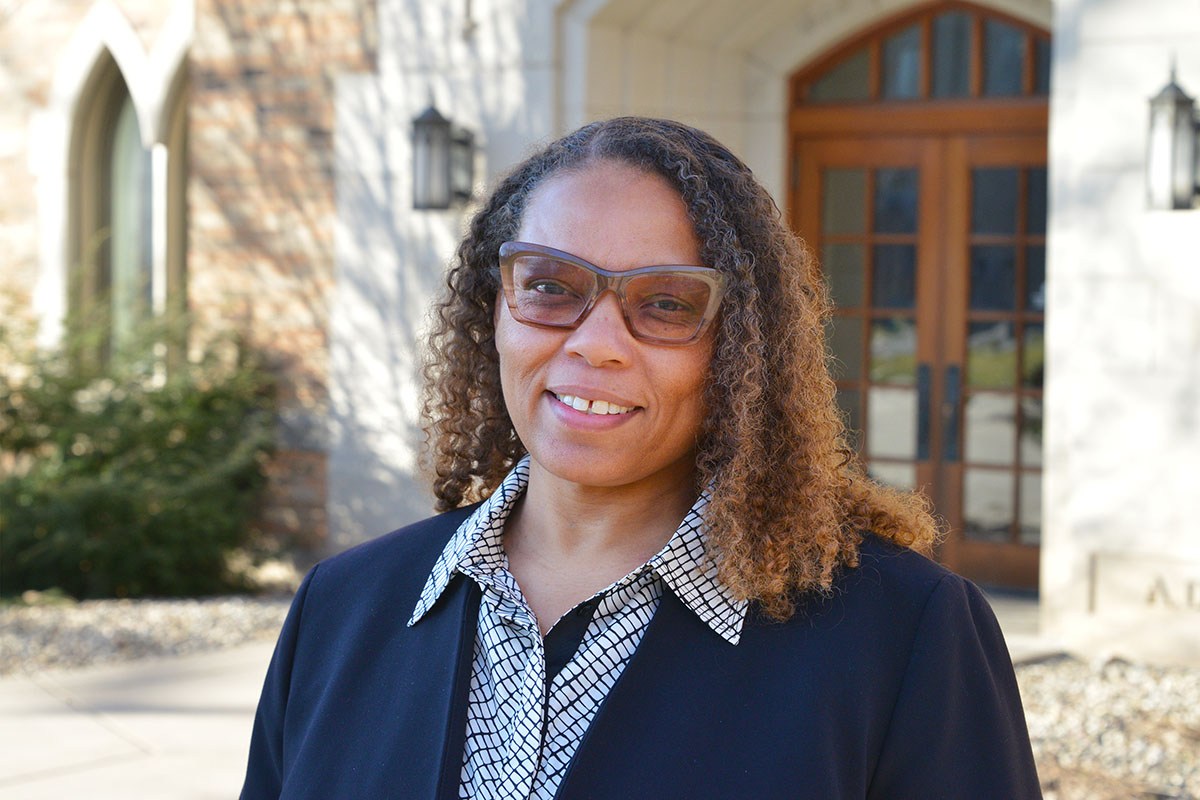
“I love the idea that this position is the front door for connections between South Bend and Notre Dame,” she said. “I get excited about the opportunity to open doors — maybe it’s the teacher in me. I get excited about bringing people together into new experiences.”
In this new role, Williams-Preston will further the Notre Dame strategic framework goal to expand and build upon genuine partnerships between the University and South Bend.
For more than 40 years, the Center for Social Concerns has responded to the complex demands of justice through a combination of justice education and research for the common good. Meaningful connections with communities locally and globally have been core to the center’s work since its founding.
Williams-Preston will lead and oversee all academic community engagement at the center. The job will include developing a strategic plan for community engagement in collaboration with stakeholders across campus and in the community, developing and managing a network of robust community partnerships and community-engaged projects, and curating opportunities for faculty and students to work alongside community partners to develop interdisciplinary research opportunities with a focus on impactful change.
“I’m eager to see what Notre Dame and the community can be together,” she said. “I think we could be a model for how universities can work with the communities where they’re located, and how universities can transform the lives of people who are struggling.”
Williams-Preston was born and raised in South Bend. She grew up attending Holy Cross School on the city’s northwest side and graduated from LaSalle High School. She went on to earn a bachelor’s degree in anthropology from Washington University in St. Louis, where she played varsity volleyball and helped the Bears win a Division III national title in 1989.
After college, she coordinated diversity training for businesses, nonprofits, and educational institutions in the San Francisco Bay area. She assisted in the production of two documentaries about race relations, “The Color of Fear” (1994) and “The Way Home” (1998), as part of the job.
The call of family, friends, and a desire to work with young people brought her back to her hometown. She returned in 1999 to work in the South Bend Community School Corp., which she served as a special education teacher and administrator for 24 years. She holds a master’s degree in special education from Indiana University South Bend.
In 2015, she entered local politics when she was elected to the South Bend Common Council, representing a district that covers part of the city’s west side. She quickly became known as a community advocate who aimed to be a bridge — someone who brought city residents’ viewpoints and concerns to the decision makers. And she spoke up tirelessly for issues of justice, including racial justice, economic fairness, and transparency in government.
As someone who was raised Catholic, she said, “That way of being and way of living — being an advocate — is deeply rooted in my psyche and who I am. I think my Catholic upbringing is why I’m a lover of justice.”
Williams-Preston will bring all of these assets — her understanding of the community’s opportunities and challenges, her energy for bringing people together, and her love of justice — to her role at Notre Dame with the Center for Social Concerns.
“I’ve engaged with Notre Dame my entire life,” she said. “I’ve seen the University grow, and I’ve really seen a change in how the University engages with the community. I see this moment as an opportunity to walk with Notre Dame into the next step of partnering with the community.”
Related Stories
-
McNeill Common Good Fellows explore issues of justice through summer research
-
Virtues & Vocations hosts 2024 conference on higher education and human flourishing
-
South Bend’s Clemente Course graduates reflect on ‘taking that first step’ into college
-
Postdoc Geneva Hutchinson uses art as an entry point to conversations about justice
-
Senior Send-Off celebrates the Class of 2024’s commitment to the common good
